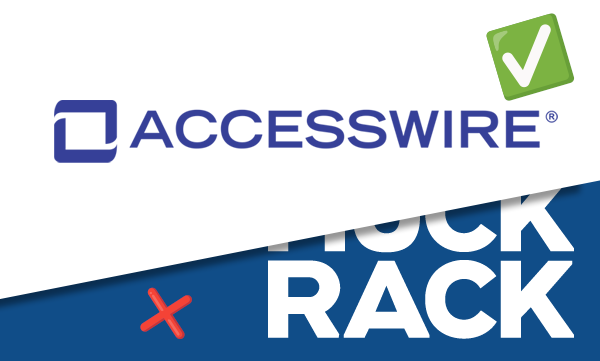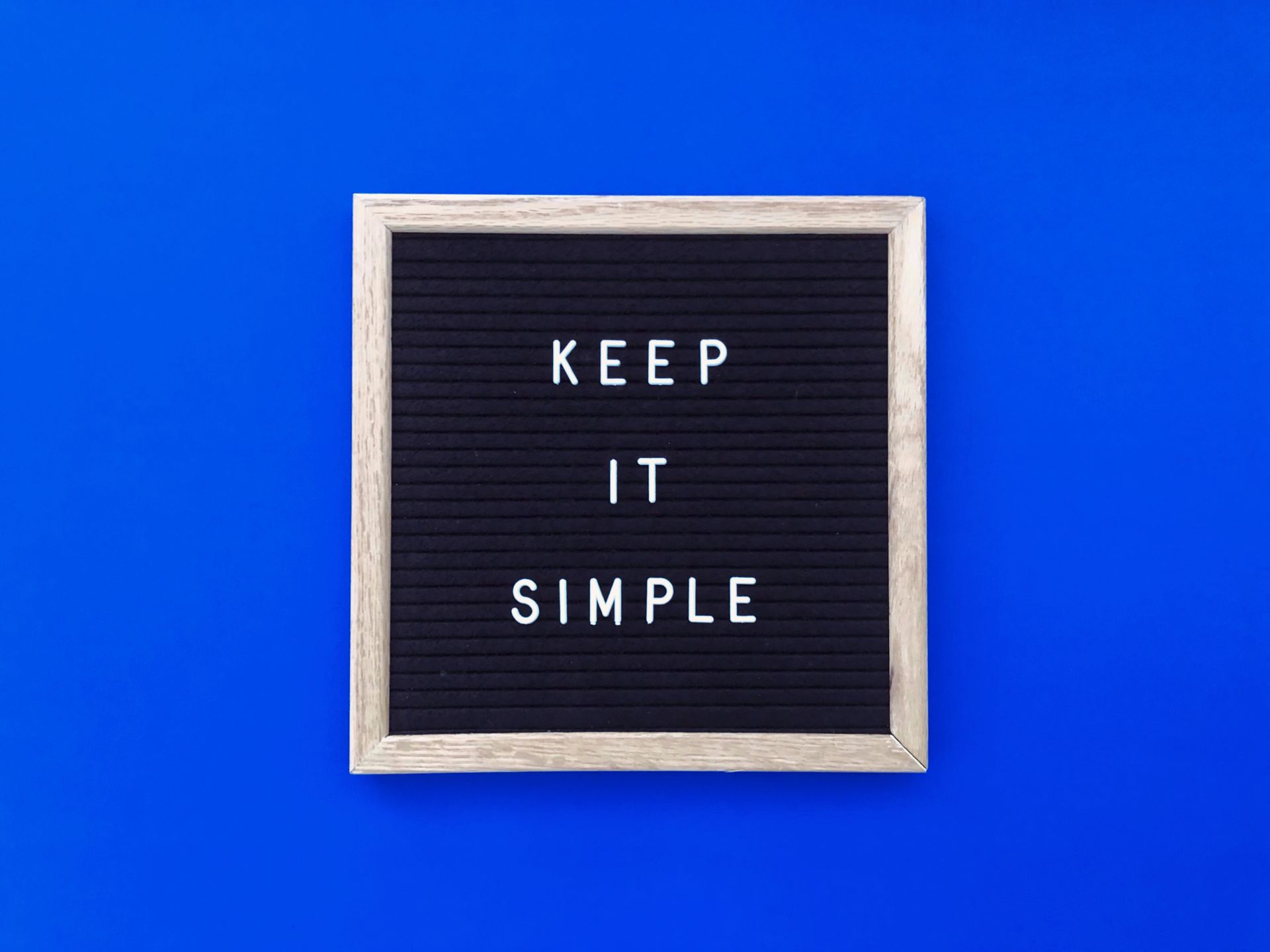Building strong, lasting relationships with journalists is one of the most valuable assets for any PR professional or business. Positive media relationships lead to better press coverage for your business, more visibility, and stronger brand credibility. However, creating and maintaining these connections takes time, effort, and a strategic approach.
Using a
media database
can help you get personalized details about journalists who cover your industry and strengthen your media outreach strategy.
Once you’ve identified your contacts to reach out to, here are some top tips to help you build strong, lasting relationships with journalists.

How to Organically Promote Your Brand to Journalists
1. Do Your Homework: Understanding a Journalist’s Style
Before reaching out to a journalist, take the time to understand their beat, the type of stories they cover, and their preferred communication style. Familiarize yourself with their recent articles and understand their audience. Personalizing your outreach to align with their interests shows that you respect their work and value their time.
Pro Tip: Utilize your
media monitoring
tools
and read several of their recent articles, and reference one or two relevant pieces when you make your introduction. This shows you’ve done your research and are genuinely interested in their work.
2. Be a Resource: Offer Value Beyond the Pitch
Journalists are always on the lookout for new sources, expert insights, and valuable information. Establish yourself as a reliable resource by offering information, data, or commentary—even when you don’t have a story to pitch. Providing value without expecting immediate coverage will help you build trust and long-term relationships.
Pro Tip: Share interesting trends, research, or data that might help journalists craft future stories, even if it’s not directly related to your brand.
3. Personalize Your Pitches: Stand Out in a Crowded Space
Journalists are inundated with press releases and pitches every day. If you want to stand out, make your pitch personalized and tailored specifically to them. Avoid sending generic mass emails. Instead, craft pitches that explain why your story is relevant to their beat and audience. Learn how to successfully pitch your story to the media.
Pro Tip: Mention how your story ties into a recent trend they’ve covered or offers a fresh perspective on a topic they’re already interested in.
4. Be Concise and Get to the Point
Journalists are busy, so respect their time by keeping your emails short, clear, and to the point. Your pitch should explain the essence of your story in the first couple of sentences, and it should immediately highlight why it’s relevant to them.
Pro Tip: Use bullet points to make key information easy to digest. Include a short, catchy subject line that grabs their attention.
5. Build Journalist Relationships Before You Need Media Coverage
Don’t wait until you have breaking news to reach out to journalists. Start building relationships early, even when you don’t have a specific story to pitch. Regularly share useful industry insights, comment on their stories, and be available when they need a quote or background information. This way, when you do have a story, they’ll already be familiar with you and more open to working with you.
Pro Tip: Engage with them on social media, commenting on their posts and sharing their articles, to stay on their radar.
6. Respect Deadlines: Timely Responses Matter
Journalists work under tight deadlines, so always be respectful of their schedule. When you pitch a story, make sure you’re clear about the timeline and offer to provide additional information or resources quickly. If a journalist expresses interest, respond promptly and follow through with anything they’ve requested.
Pro Tip: If a journalist declines your story, be gracious. Thank them for their time and ask if there’s a better time to follow up with other stories.
7. Offer Journalists Exclusive Stories or Unique Content
Journalists appreciate having exclusive content or early access to important stories. Offering exclusive interviews, behind-the-scenes information, or embargoed news (where they agree not to publish until a certain date) can make your pitch more attractive and strengthen your relationship with the journalist.
Pro Tip: Make sure the exclusive or embargoed information is truly newsworthy and relevant to their beat.
8. Be Transparent and Honest
Honesty goes a long way in building trust with journalists. Always be transparent about your motives, the scope of the story, and any potential conflicts of interest. If something goes wrong or changes, keep them updated rather than avoiding the conversation. Journalists appreciate PR professionals who are straightforward and reliable.
Pro Tip: Avoid over-hyping your story. Let the journalist decide if it’s newsworthy—don’t try to oversell.
9. Provide Useful, High-Quality Materials
When a journalist agrees to cover your story, make their job as easy as possible. Provide well-written press releases, clear quotes, high-resolution images, and all relevant details in a timely manner. The easier you make it for them, the more likely they are to work with you again in the future.
Pro Tip: Prepare a comprehensive media kit with all the necessary assets, such as images, company bios, and relevant background information, to streamline the process.
10. Stay in Touch: Nurture Journalist Relationships After Media Coverage
Your relationship with a journalist shouldn’t end once they’ve covered your story. Stay in touch by thanking them for the coverage and offering your assistance for future stories. Maintaining regular contact, even if just through a simple check-in, keeps the relationship alive and shows that you’re interested in working together long-term.
Pro Tip: Share their article on your social media and tag them as a way to show appreciation and increase their exposure.
Conclusion: Cultivate Trust for Long-Term PR Success
Building strong, meaningful relationships with journalists takes time, patience, and effort. By offering value, being responsive, and engaging on a personal level, you’ll build trust and create opportunities for ongoing media coverage. Remember, the best media relationships are built on mutual respect and understanding—so keep the communication clear, consistent, and professional.






Similar Blog Posts



PRODUCTS
ACCESSWIRE | All Rights Reserved

